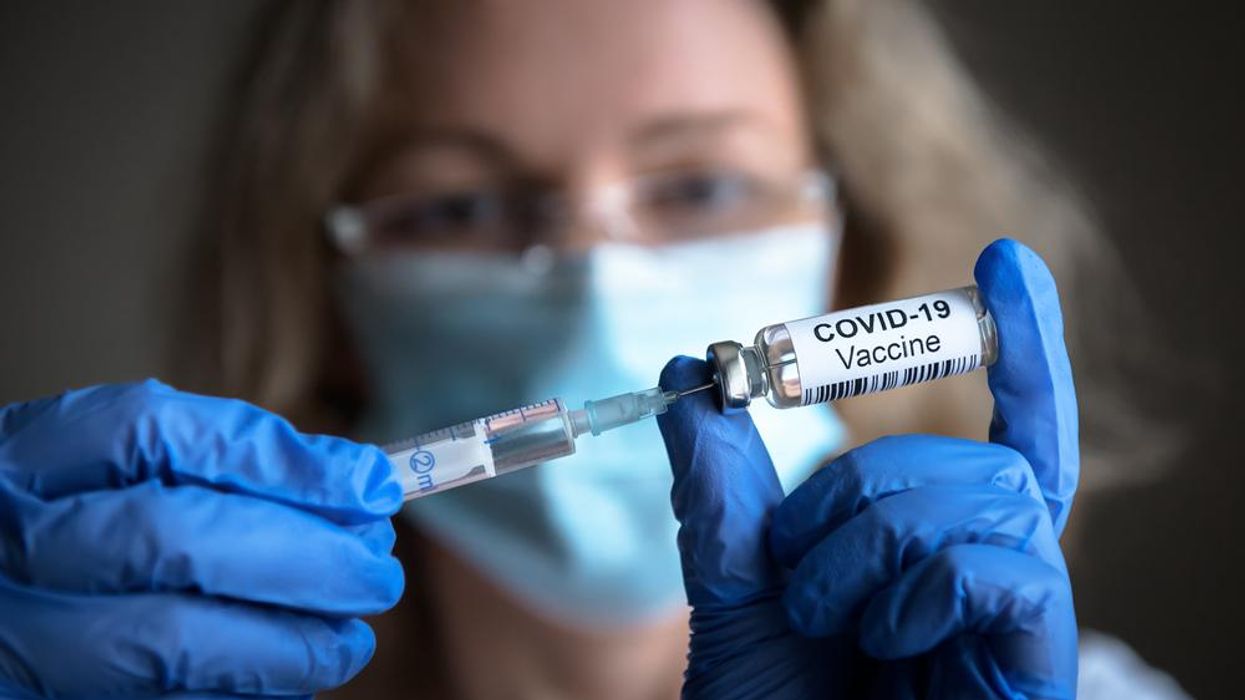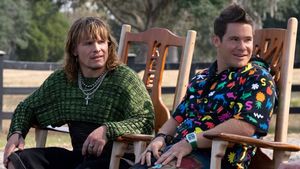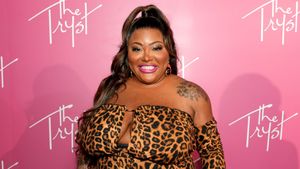(CNN) — Covid-19 shots are included in new schedules of routinely recommended vaccines released by the US Centers for Disease Control and Prevention on Thursday. The immunization schedules summarize current vaccine recommendations for children, adolescents, and adults, but do not set vaccine requirements for schools or workplaces.
Key changes to the schedules, published in the CDC's Morbidity and Mortality Weekly Report on Thursday, include the addition of Covid-19 primary vaccine series and recommendations on booster dose vaccination; updated guidance on influenza and pneumococcal vaccines; and new vaccines for measles, mumps, and rubella (MMR) and for hepatitis B.
The schedule also recommends additional doses of MMR vaccine during a mumps outbreak and administering inactivated poliovirus vaccine in adults who are at an increased risk for exposure to the virus.
The proposed changes were recommended by the CDC's vaccine advisers, the Advisory Committee on Immunization Practices or ACIP, and signed off on by the CDC, which worked with physicians, nurses and pharmacists on the recommendation.
The biggest change, the report's authors told CNN, is incorporating Covid-19 vaccines into both schedules.
"This means COVID-19 vaccine is now presented as any other routinely recommended vaccine and is no longer presented in a special "call out" box as in previous years. This, in a sense, helps 'normalize' this vaccine and sends a powerful message to both healthcare providers and the general public that everyone ages 6 months and older should stay up to date with recommended COVID-19 vaccines (including a booster, when eligible), just as they would with any other routinely recommended vaccine," Dr. Neil Murthy and Dr. A. Patricia Wodi said in a statement.
However, including Covid-19 vaccines on the routine schedule does not mean vaccination will be required by schools. School-entry vaccination requirements are determined by state or local jurisdictions, and not by CDC.
The new recommendations also add the use of PCV15, a pneumococcal conjugate vaccine used to treat bacterial infection recently approved for use in children. Either PCV13 or the higher valent PCV15 may now be used based on the specific pediatric population.
The authors of the report include information on what to do in an outbreak of mumps. This comes amid the end of the measles outbreak in Columbus, Ohio, where all children infected were not fully vaccinated. The recommendations stated that an additional booster of the measles, mumps, and rubella vaccine is warranted in the case of a mumps outbreak.
"The vaccine for measles does not need a booster," said Dr. William Schaffner, a professor in the Division of Infectious Diseases at Vanderbilt University Medical Center, as he says the initial vaccine provides strong protection for life. "Mumps vaccine, however, does wane in its protection. And so if there's a mumps outbreak, then we would use MMR."
Similarly, the new recommendations provide clear guidance on the use of an additional poliovirus vaccine if new cases emerge, such as in New York City last year.
"There were lots of questions about whether an additional dose of polio vaccine was appropriate, and this just opens the door for the use of another dose of inactivated virus, that is injectable polio vaccine, in those circumstances where, for example, a local health department in concert with the CDC might recommend that," said Schaffner, who is a member of CDC's vaccine advisory committee.
Public health experts emphasize the importance of annual vaccinations as coverage among children has declined in recent years. In the 2021-2022 school year, vaccination coverage for kindergarteners fell to 93 percent for required vaccines — dropping below the overall target of 95 percent that was set as an objective by the US Department of Health and Human Services in the Healthy People project.
This dip in vaccination coverage has been attributed to health care disruptions related to the Covid-19 pandemic, experts say, and health care providers are working hard to get back to and surpass pre-pandemic levels.
"Why is that a matter of concern? Because it opens up opportunities for these viruses and other germs to be reintroduced into the United States, and to cause outbreaks of disease. The recently concluded measles outbreak in Ohio is an example, the introduction of the poliovirus into New York is an example, and we need to keep our guard up," said Schaffner.
Health care professionals urge families to make sure children are up to date with their vaccines.
"Vaccines are essential for the health of our whole society, including children and adolescents," said Dr. Sean O'Leary, chairman of the American Academy of Pediatrics Committee on Infectious Diseases and a vaccine adviser to the CDC. "We all have a responsibility to ensure everyone can access vaccinations, both for their individual health as well as to prevent the spread of illnesses. These schedules provide a roadmap parents and pediatricians can follow to help children get the vaccines they need so their immune systems will be ready to recognize and resist diseases."
The-CNN-Wire
™ & © 2023 Cable News Network, Inc., a Warner Bros. Discovery Company. All rights reserved.
- A Covid-19 'Senior Wave' Is Driving Up Hospitalizations ›
- Covid-19 Public Health Emergency Renewed by Biden Administration ›
- Celebrities Helped Shape Anti-Vaccine Opinions During Covid-19 Pandemic ›


















































